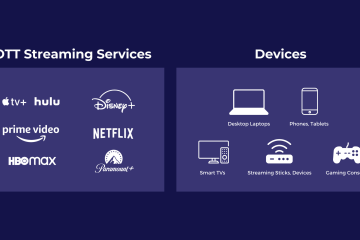Applying for a general surgeon position requires careful preparation and attention to detail. The process involves gathering numerous documents, verifications, and credentials while also preparing yourself professionally for the next step in your surgical career. Whether you’re completing your residency or looking to make a change in your established career, this comprehensive checklist will guide you through the essential components of a successful application.
Required Documentatoin
When first applying for a general surgeon position, gather all essential documents. Ensure your medical license is current and valid in your applying state. Collect your board certification documentation from the American Board of Surgery or proof that you’re eligible to sit for boards. Have your medical school diploma and residency completion certificate ready. Get your CV updated and tailored to highlight your surgical experience. Finally, obtain copies of your malpractice insurance history and any specialty certifications.
Professional References
Your references can make or break your application. Choose at least three professional references, including your residency program director if you’re a recent graduate. Select surgeons who have directly supervised your work and can speak to your technical skills. Consider including a chief of surgery or department head from your current or previous position. Contact references beforehand to ensure they’re willing to provide strong recommendations.
Technical Skills Assessment
• Advanced laparoscopic surgery experience• Experience with robotic surgical systems• Emergency surgery capabilities• Endoscopic procedure proficiency• Complex wound care management• Surgical critical care experience• Trauma surgery background• Basic and advanced life support certification
Background Verifications
Criminal background checks are standard for all medical positions. Prepare for state and federal background screenings. Ensure your National Provider Identifier (NPI) number is current. Have explanations ready for any gaps in employment history. Some institutions may require drug screening and physical examination results. Verify that your immunization records are complete and up-to-date.
Hospital Privileges
Research the hospital’s credentialing process early. Gather documentation of your current hospital privileges. Prepare case logs demonstrating your surgical volume and outcomes. Have any peer-reviewed documentation from current privileges ready. Know the specific requirements for the facility where you’re applying, as they can vary significantly.
Continuing Education
Document all relevant continuing medical education (CME) credits. List any specialized training or workshops completed recently. Include certification in new surgical techniques or technologies. Maintain records of any teaching experience or academic appointments. Show commitment to staying current with surgical advances and best practices.
Interview Preparation
Review common surgical scenarios and how you would handle them. Prepare to discuss your approach to patient care and safety. Be ready to explain your experience with quality improvement initiatives. Practice discussing challenging cases and how you resolved them. Consider your preferred practice style and how it aligns with the position. Think through questions about working with multidisciplinary teams.
Administrative Considerations
Understand the call schedule and coverage expectations. Review the proposed compensation structure and benefits package. Consider the patient population and case mix. Evaluate the support staff and resources available. Check the availability of necessary equipment and facilities. Understand expectations for teaching responsibilities if applicable.
Timeline Management
Start gathering materials at least three months before applying. Submit application materials well before deadlines. Schedule any required physical examinations or drug screenings promptly. Allow time for reference letters to be completed. Plan for potential delays in credential verification. Consider the time needed for hospital privileging process. Factor in relocation time if necessary.
This comprehensive checklist addresses the major aspects of applying for a general surgeon position. Remember that specific requirements may vary by institution and location. Stay organized throughout the process and maintain copies of all submitted documents. A methodical approach to gathering and submitting these materials will help ensure a smooth application process.



